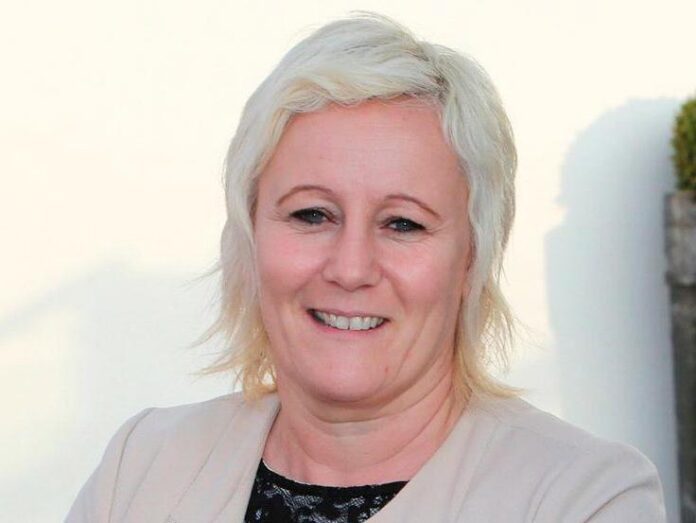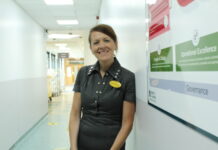
SCHEDULED hospital services, including surgery, endoscopy and outpatient appointments, are being gradually introduced across the sites of UL Hospitals Group as the rate of community transmission of Covid-19 continues to decline.
Significant numbers of healthcare workers have been returning to work from absences associated with Covid, enabling the Group to begin a phased return of services, at a slow and steady pace, in University Hospital Limerick (UHL), Ennis, Nenagh and St John’s, and Croom Orthopaedic Hospital.
A spokesman for the Group said they were committed to ensuring that all patients whose appointments were deferred during the New Year surge in Covid will be rescheduled as soon as possible.
Time-critical cases remain prioritised, and the hospital is directly contacting patients about their new appointments as soon as these are timetabled.
Theatre lists have resumed at UHL, St John’s, Ennis, Nenagh and Croom Orthopaedic Hospitals. Outpatient departments are also working towards full resumption, in line with the redeployment of any staff transferred elsewhere in the Group during the Covid surge.
Last Friday, 264 healthcare workers were absent from work across the six hospital sites for reasons connected with Covid. This accounts for around five per cent of the Group’s WTE staff total, and includes Covid-positive cases as well as staff who are close contacts, those who are symptomatic and staying at home in line with public health guidance, staff who are awaiting the results of Covid tests, and workers who are vulnerable to Covid and must remain off-site for their own safety.
UL Hospitals Group chief executive Colette Cowan said that staff had proven to be extraordinarily flexible and courageous during the latest wave of the pandemic.
“With a significant number of their colleagues absent for work for numerous reasons associated with Covid, many staff were required to redeploy to the frontline and support essential services. I applaud them for their professionalism, their compassion for patients, and their efforts to ensure that essential services remained open for patients who needed them most at this time,” Professor Cowan added.










